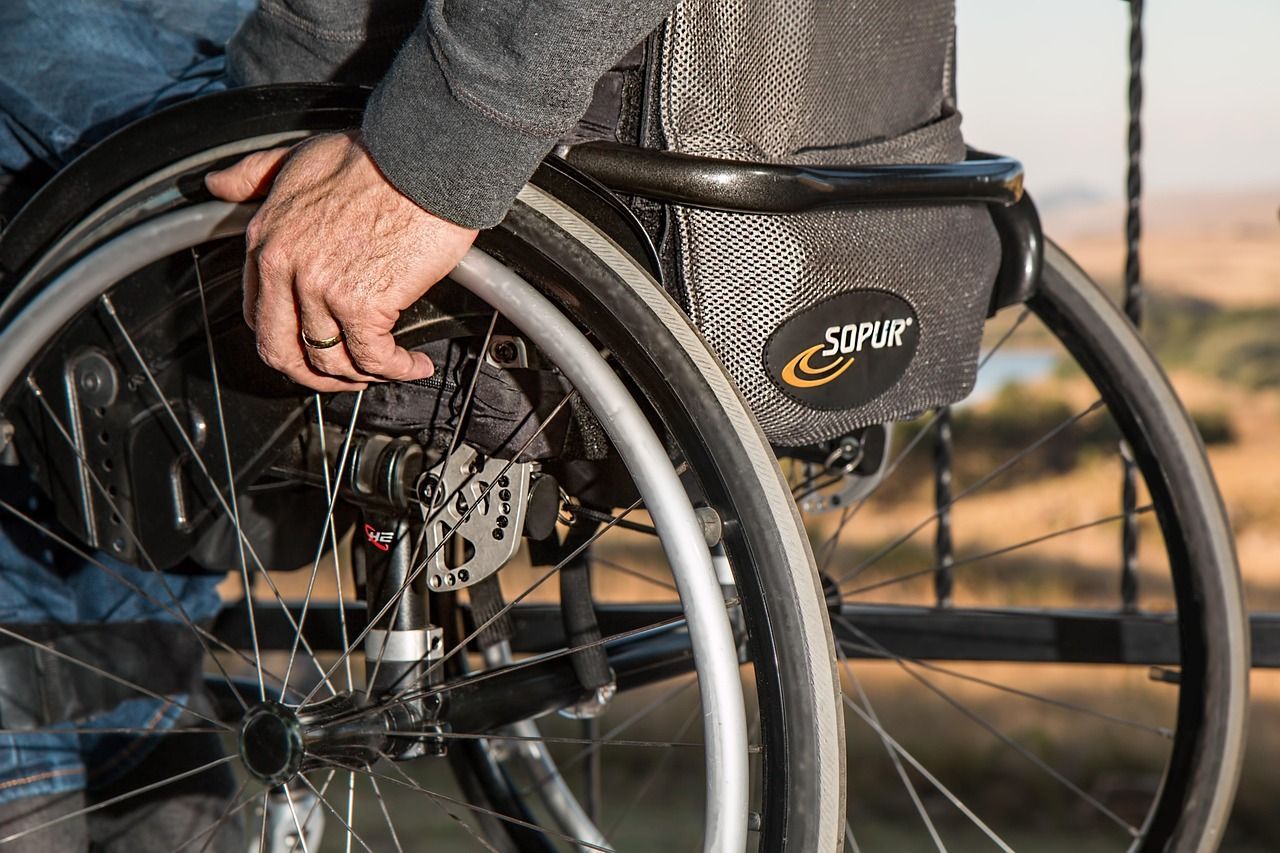I Guarantee a 24 Hour Response


Understanding Wisconsin’s Direct Action Statute: Who You’re Really Suing After an Accident
What Is Wisconsin’s Direct Action Statute?
Paul Benson explains that Wisconsin’s Direct Action Statute is a civil procedure rule that allows injury victims to sue the insurance company directly rather than naming the individual at fault.
For example, after a car accident, the injured person can file a lawsuit against American Family, State Farm, or Progressive instead of the other driver personally. This law makes the insurance company an official party in the case, simplifying the process and removing emotional barriers that often discourage people from filing claims.
How the Law Benefits Injury Victims
One of the biggest advantages of this statute, Benson says, is how it affects jury perception. In many states, juries aren’t allowed to know that insurance companies are involved. That often leads jurors to believe that the person being sued could lose their home or go bankrupt if the verdict is large.
In Wisconsin, juries know the defendant is an insurance company, not an individual. That understanding helps jurors focus on the facts of the case and the victim’s losses—not on sympathy for the person who caused the accident.
Another benefit is that victims can file a claim without directly suing a friend or family member. For instance, if someone is injured while riding in a friend’s car, they can bring the claim against the insurer rather than their friend. It keeps relationships intact while still ensuring fair compensation.
When the Driver Is Named in the Case
While the insurance company is usually the main defendant, Benson explains that there are strategic reasons to include the driver in some cases.
If an insurer refuses to admit fault, a lawyer may temporarily include the driver in the lawsuit. This puts pressure on the insurance company, since they have a legal duty to act in good faith toward their insured. Attorneys can then negotiate to dismiss the driver once liability is accepted. This tactic often helps secure quicker admissions and stronger settlements.
Who Actually Pays the Settlement or Judgment
Benson makes it clear: in nearly every case, the insurance company pays, not the individual. Wisconsin law even allows a person to discharge negligence-based judgments through bankruptcy, which means suing someone directly rarely helps anyone. That’s why finding and using applicable insurance coverage is the cornerstone of every personal injury case.
When victims worry about “taking money” from another person, Benson reminds them that insurance companies exist for this exact reason—to pay for accidents caused by their policyholders. These companies collect billions in premiums every year and set aside reserves to pay claims. It’s not personal; it’s simply part of the process.
What Happens When the At-Fault Driver Is Uninsured
In cases where the at-fault driver has no insurance, Benson says the claim may proceed against that individual—but there’s another option. If the injured person has uninsured motorist coverage, their own insurance company may step in.
In these cases, victims must coordinate carefully with their insurer to decide who will pursue the claim and ensure the company’s interests are protected. It’s a unique situation that requires strategy and communication, but it’s another way Wisconsin law helps protect drivers.
How the Statute Simplifies the Legal Process
Unlike in other states, serving an insurance company in Wisconsin is straightforward. Insurers like State Farm or American Family have registered service addresses, so they can’t evade being served with court papers.
This is a big advantage over trying to locate and serve a private individual who may move or avoid contact. With 90 days to serve a lawsuit in Wisconsin, having a direct, reliable contact makes the legal process faster, smoother, and far less stressful for injury victims.
Why So Many People Don’t Know About It
Benson says most clients are surprised to learn that Wisconsin’s system protects them from having to sue their neighbor, friend, or family member. In smaller communities like Janesville, people often avoid taking legal action because they don’t want to strain relationships.
Once they understand that they’re only suing an insurance company, their hesitation usually disappears. As Benson puts it, “These companies have billions set aside for claims. You’re not taking from a person—you’re collecting what you’re owed.”
A Fairer System for Everyone
Wisconsin and Louisiana are the only two states with true Direct Action Laws, and Benson believes this transparency makes the system more fair. In other states, juries never hear about insurance coverage, forcing lawyers to “dance around” the truth and making it harder for victims to get full compensation.
Benson credits Wisconsin lawmakers for allowing juries to see the full picture: who’s paying, what’s at stake, and why victims deserve fair recovery.
Why Filing a Claim Isn’t “Being That Person”
Many people hesitate to file a claim because they don’t want to be seen as “the type who sues.” But as Benson points out, after an accident, someone has to pay—either the victim or the insurance company.
“Every dollar left unpaid goes back into the insurer’s profits,” Benson says. “This is a zero-sum game. Either that money stays with the shareholders, or it goes to the person who was actually hurt.”
He encourages injury victims to use the tools available through Wisconsin’s civil justice system rather than carrying the financial burden themselves.
Final Thoughts
Filing a claim doesn’t make someone greedy—it makes them responsible. Wisconsin’s Direct Action Statute was designed to protect good people from the guilt and pressure of “suing” others after an accident. It allows victims to recover from the entities that can afford it—the insurance companies—not from individuals who simply made a mistake.
For Paul Benson, that’s what makes Wisconsin’s system both fair and humane.
Learn more about Paul Benson and how his firm helps Wisconsin families recover after serious accidents at paulbensonlawfirm.com.





